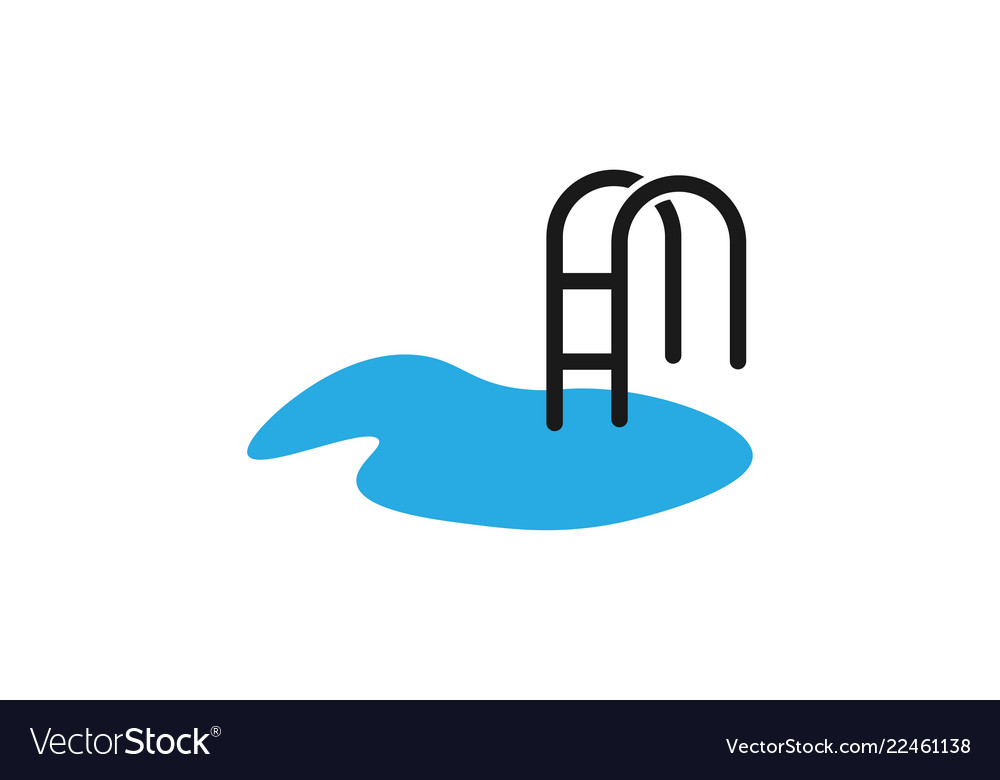Title Page
-
Client / Site
-
attending engineer
-
Conducted on
-
Job Number / Location
-
contract number
-
Upon notification of the job:
o You will be given the name and contact details of the point of contact
o You must call the point of contact, confirm details of the works and let them know you are on way to the site
o Arrange to meet the point of contact on site if possible
o If not possible, agree permission to attend site on your own
ON ARRIVAL ON SITE
-
• Are you safe?
-
• Have you informed the point of contact that you have arrived (either face to face or via telephone)
-
• Have you secured your vehicle?
-
• Have you presented your ID
-
• Have you signed in?
Before you start work have you:
-
Had an NCC SR77 or equivalent induction from the responsible person that includes:
-
• The location of
-
• the working area.
-
• the asbestos register/report
-
• any hazards
-
• First Aid and welfare facilities
-
• any building services and the respective isolation points
-
• fire extinguishers, fire alarm and fire assembly points
-
• other works being carried out
-
• Site emergency procedures
-
• Site emergency contacts
-
• Site rules i.e. working near vulnerable adults, children etc
Have you;
-
• Read, understood and signed the asbestos register/report
-
• Inspected the work area to
-
• Ensure you can gain safe access
-
• Assessed if you can carry out the required repairs safely without access equipment i.e. scaffold?
-
• Identify hazards and remove them where reasonably practicable
-
• Assess that you have the necessary competency (and training) to do the work
-
• Assess that you have the right tools for the works
-
• Ensure you have the appropriate PPE for the job
-
• Got the relevant permits in place
-
• Got the appropriate risk assessments, method statements and or COSHH assessments in place for the works
-
Follow up remedial work Identified
If you answer NO to any of the above, DO NOT start works and contact YOUR Line Manager
-
Add signature
-
arrival
-
Departure
SITE RULES
-
1. You must be free from the influence of alcohol and any recreational drugs.
-
2. You must take care of your own health and safety and ensure that your acts or omissions do not compromise the health and safety of others.
-
3. You must not take risks that may endanger yourselves or others.
-
4. You are required to keep the site in 'good order' and ensure that the work area is kept clear of hazards throughout the works to prevent slips, trips and falls.
-
5. You must report immediately any unsafe situations or practices that could lead to someone being injured or where there is the possibility of damage to equipment or property.
-
6. You must make yourself familiar with the emergency procedures, first aid facilities, and means of escape in an emergency, the location of any emergency telephones or fire equipment etc. and follow them in the event of an emergency.
-
7. You must not use any plant or machinery unless you are trained and competent to do so.
-
8. You must not indulge in horseplay or tamper with anything provided in the interests of the welfare or safety of others.
-
9. Appropriate work wear and PPE must be worn throughout the works.
-
10. You must be made aware of the hazards of discarded needles and syringes and the procedures for dealing with them.
-
11. Any health and safety incident that occurs must be reported immediately to the Service Manager and where an injury is sustained it should receive immediate first aid treatment.
-
12. No person under the age of 18 should be allowed to operate plant and machinery or give instruction to those engaged in the operation of plant and equipment.
-
13. Only trained and competent persons should maintain equipment
-
14. All electrical equipment should be 110volts or battery operated.
-
15. No burning-off of surplus or scrap materials will be allowed on the site.
-
16. All equipment registers e.g. scaffold, plant and equipment service, electrical PAT must be up to date. A temporary works register must be kept for all temporary works including inspections record.
-
17. Skips must not be used for the disposal of contaminated spoil, LPG cylinders, COSHH controlled substances, petrol or oil containers or any container that may contain flammable substances.
-
18. You are expected to behave in a courteous manner to occupants, tenants and members of the public during the works. The use of bad or offensive language or behaviour will not be tolerated
-
19. Access for emergency vehicles must be maintained at all times.
-
20. Safe access and egress for members of the public and operatives must be maintained at all times.
-
21. You are required to keep roads and footpaths in the vicinity of working areas in a clean, unobstructed and safe state. Should any plant, materials, mud, concrete or rubbish be deposited on the roads or footpaths, you must remove it immediately. Concrete, mortar etc shall not be mixed on roads or public footpaths.
-
22. No hot-work or burning-off is to be carried out without a permit in place
-
23. Noise caused by plant and machinery shall be kept to a minimum at all times.
-
24. There is a no smoking policy within all its properties that shall be observed at all times.
-
25. The use of radios will not be allowed.
-
26. Where possible, you shall maintain utility services throughout the duration of the works
-
signature
-
Comments








